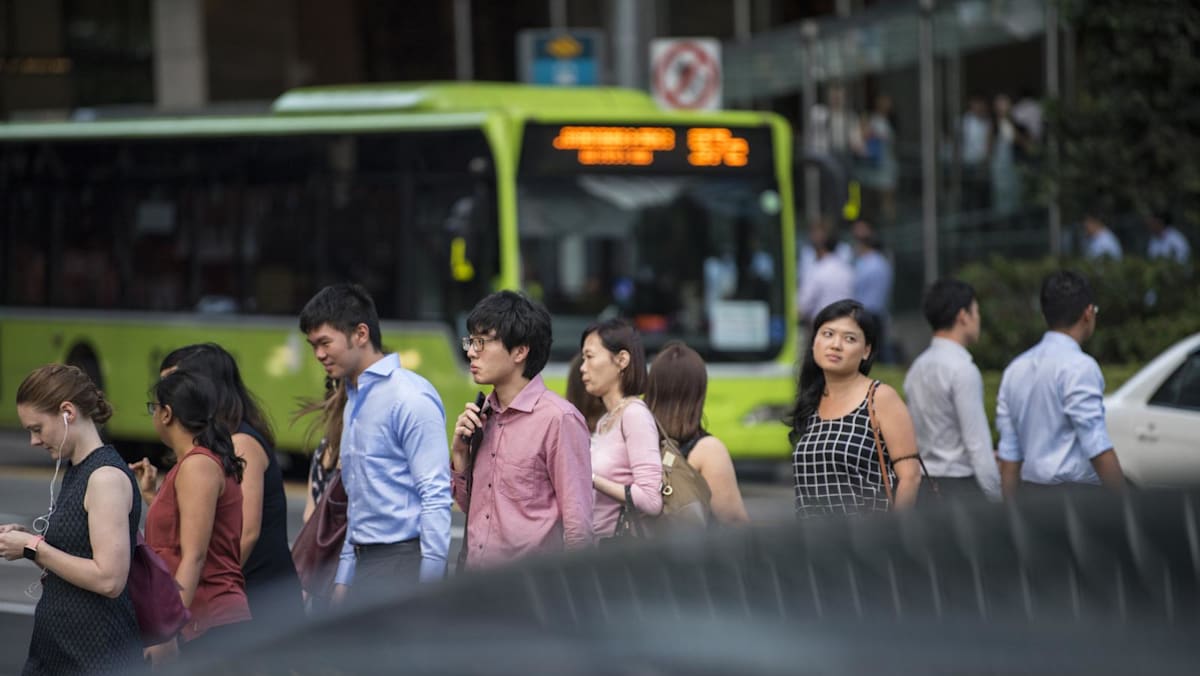CAN TRAINEESHIPS CLOSE THE GAP?
The government had previously introduced government-supported traineeships in times of economic uncertainty.
The SGUnited Traineeship was launched during the COVID-19 pandemic and supported training stints of up to six months that paid S$1,500 to S$2,500 a month.
From June 2020 to March 2022, more than 12,500 trainees went through the programme. Close to nine in 10 found employment within six months after their traineeship, said Ms Gillian Woo, director of Workforce Singapore’s (WSG) enterprise programmes division.
WSG did not provide a breakdown of whether the trainees who found employment were hired by their host organisations or other companies.
Statistics available from midway through the programme show that at the end of August 2021, 2,300 out of 7,200 trainees were employed by their host organisations and 3,500 were hired by other companies after ending their traineeships.
Former SGUnited trainees felt the programme was good for gaining experience, but some said it could be improved with clearer criteria for full-time employment coupled with effective mentorship.
Psychology graduate Wei Yongji, 29, was a trainee for half a year in 2021. He earned S$2,300 a month as a programme executive in a government agency, which did not hire him afterwards.
Mr Wei said that while his work was meaningful, he felt that six months was too short to learn much and that there was a lack of autonomy.
“It’s not like we were doing purely (menial tasks) or admin work, but at the same time, it felt like there was quite a limit to what we were doing.”
Financially, he felt that his lower traineeship salary also partially affected his monthly salary at his first full-time job in the related social impact sector earning S$3,100 a month.
Under a traineeship, there is no employment relationship between the company and the trainee, so benefits like Central Provident Fund (CPF) payments and leave entitlement are not legally required.
The lack of CPF contributions added up for Mr Wei. And when he and his partner wanted to apply for a Build-To-Order flat, they did not meet the employment criteria for a housing grant as they were both on traineeships.
He suggested that host organisations be upfront about the possibility of converting a traineeship to full-time employment in their job postings, adding that this would have influenced his decision of where to apply.
Mr Wei, who now works at Access Singapore, a social mobility charity that provides disadvantaged students with career exposure opportunities, said his experience in a traineeship felt like being an “extended intern”.
He felt that the new graduate industry traineeship scheme was cast in a similar mould to the SGUnited one. “If it is just an extended internship, then we can’t really call it a traineeship, a career springboard.”
